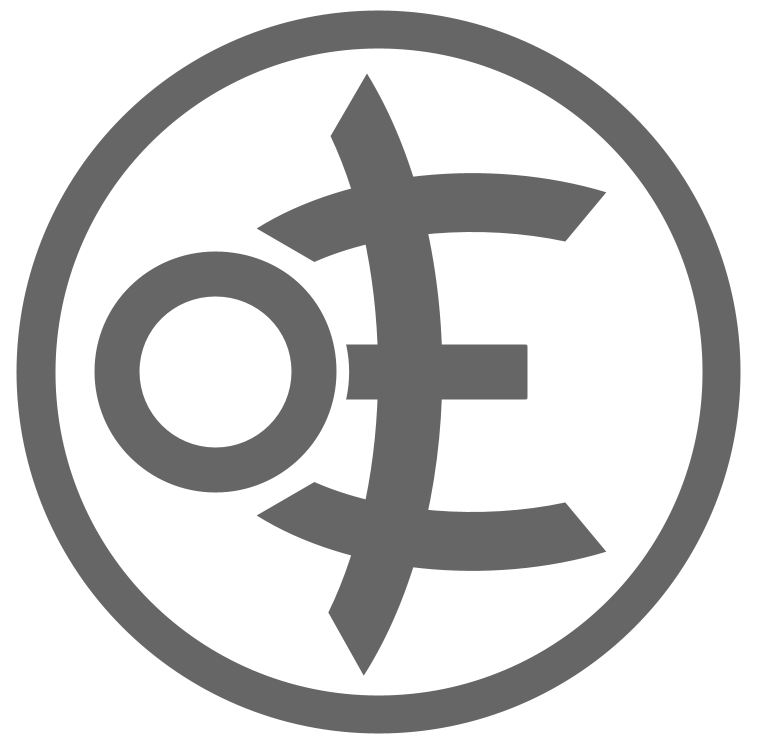@[email protected] asked “why are folks so anti-capitalist?” not long ago. It got quite a few comments. But I noticed a trend: a lot of people there didn’t agree on the definition of “capitalism”.
And the lack of common definition was hobbling the entire discussion. So I wanted to ask a precursor question. One that needs to be asked before anybody can even start talking about whether capitalism is helpful or good or necessary.
Main Question
- What is capitalism?
- Since your answer above likely included the word “capital”, what is capital?
- And either,
- A) How does capitalism empower people to own what they produce? or, (if you believe the opposite,)
- B) How does capitalism strip people of their control over what they produce?
Bonus Questions (mix and match or take them all or ignore them altogether)
- Say you are an individual who sells something you create. Are you a capitalist?
- If you are the above person, can you exist in both capitalist society and one in which private property has been abolished?
- Say you create and sell some product regularly (as above), but have more orders than you can fulfill alone. Is there any way to expand your operation and meet demand without using capitalist methods (such as hiring wage workers or selling your recipes / process to local franchisees for a cut of their proceeds, etc)?
- Is the distinction between a worker cooperative and a more traditional business important? Why is the distinction important?


I don’t think I understand exactly what you’re describing here - so you would allow anything the current US allows, just with a different legal framework? If you swap out a corporate construct for a collective but based on cult of personality for say Twitter, does that actually change much? I.e. our political system in the US isn’t capitalist, but we still end up with people who have more power due to seniority, “barter”, and popularity. It seems like you could change who ends up the oligarch, but not the existence of them.
How do you have common ownership of natural resources and private ownership of land? Also, I get that you find current labor practices exploitative, but at least some of them are actually illegal, we just have difficulty enforcing them because of cost of legal actions and burden of proof issues. I don’t trust that worker collectives would actually prevent wage theft - given politics and the ability to apparently convince people to vote against their own interests. More directly, union drives also show this isn’t obviously going to go in a worker improvement way.
And slavery is currently illegal - you do have to be paid for your labor. The problem is how you value that labor? If it’s a market economy, various labor is just going to be valued higher than other labor, and you basically have the problem I think you’re pointing to with capitalism (because to me market economies are capitalism).
I also think you and I may disagree about what’s actually happening theoretically in the current system with employees. At least to me, it’s entirely consistent with practice and with the theories I’m familiar with in capitalism. An employee agrees to sell their output to an employer for a given rate. Both parties can put whatever contracts around that they like, and absent contracts, either can stop that arrangement at any time, either via renegotiation or ending the relationship. If you strip all contracts then do you envision a day laborer sort of arrangement? Everyone is an independent contractor so it’s like a “virtual company” now? Like, practically - how do you envision this works?
I think there’s all sorts of interesting stuff to discuss outside of whether a system is capitalism or not in your limited proposal here. However, I don’t actually know what you want to get rid of from the current US capitalist system, so I can’t really say more. I don’t see a lot of value in just changing labels and nothing else however.
Referencing property not value. The workers in the firm are selling their labor itself to the employer not the outputs because the employees never jointly legally own the produced outputs and do not jointly legally hold the liabilities for the used-up inputs. If they did, it would just be a coop selling products to a buyer.
This position is similar to a minimum “wage” where the “wage” is control rights.
That’s all that fits in a toot. Will respond to other points later in the conversation